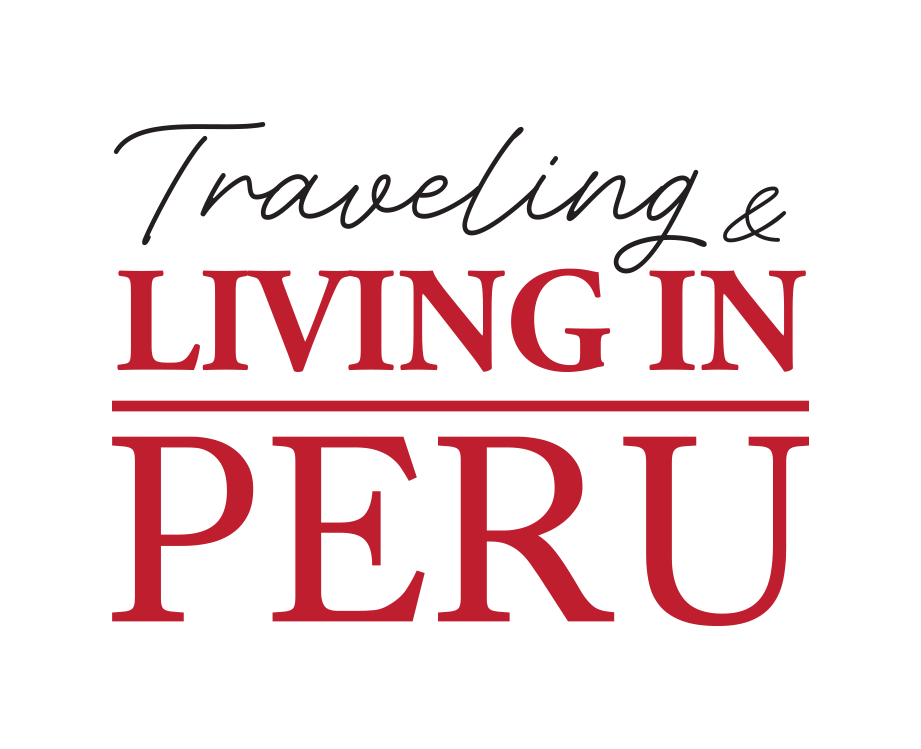Applying for a U.S. visa and do not know where to start? Find out what you need to know from a former General Counsel of the U.S. Immigration & Naturalization Service, right here at Living in Peru.
Looking for Some Good Migrations…
It’s the end of the summer and you are getting ready for a final family vacation, or perhaps your latest business trip to the U.S. You are wondering what all the craziness is about with the “extreme vetting” scheme for U.S. visas that have been implemented by the Trump Administration (oh yeah, it’s real; and it’s here, so prospective visitors best be prepared to face it).
While it is true that a subset of the new policy targets some U.S. visa applicants for terrorism or national security reasons; all visa applicants should expect the State Department to apply heightened scrutiny to anyone applying for a U.S. visa (no matter how many prior visas you may have had approved).
The new policy includes the collection of information on travel, address, and employment history, along with detailed information on relatives and social media platforms. As a result, these days you really need to get yourself organized when it comes to applying for a U.S. visa, as the information now being sought by U.S. Consulates across the world is way above the level that was required during the Obama Administration.
In the Obama administration, B visitor visas especially were issued with limited scrutiny. Then, Consular officers were discouraged from asking questions related to “immigrant” intent, and as a result, hundreds of thousands of non-immigrant visa holders overstayed their visas each year.
That practice is now over, and enforcement of existing laws and regulations (along with the implementation of stricter visa controls) is going to make it harder for foreign nationals to obtain nonimmigrant visas without a fully supported application.
Even if you have had an extended 10-year, multiple re-entry B visitor visa in the past, and now are ready to renew it, being well-prepared (both in terms of your application and for your interview) will be essential. Applicants who choose to prepare their applications on their own, or through a travel agency, would be wise to exercise great care in the process.
If you have any doubts about your personal situation, please consult competent and experienced U.S. immigration counsel.
The DS-160 Form
If you do decide to process your visa application on your own, it is vital that you complete the DS-160 form carefully and completely; and that you review it (and then review it again) for any inconsistencies before you finally hit the “file it” button. It is not uncommon for people to file the form with simple mistakes concerning their personal history. In addition, when filling out the DS-160, it is important that you fully understand the importance and nuances of the questions being asked. If you do not fully understand what information you are being asked to supply, it is easy to answer the questions ambiguously or incorrectly; which can be a fatal mistake in terms of getting your visitor, student, or temporary work visa (H-1B or L-1A).
Rest assured, Consular officers, review your Form DS-160 before your visa interview. If the officer notices any discrepancies or errors (recall also that officers have access to your prior Forms DS-160s, as well as to your U.S. visa and travel history); then you run the very real risk your visa will be denied (or at the very least be subjected to further administrative processing, which can add months onto the process).
Section 214B (“immigrant intent”) is the most common basis for visa denials.
It is important that you understand that this is an unreviewable decision, and therefore you cannot appeal it.
Legally, it is supposed to represent your failure to establish to the satisfaction of the Consular officer that you intend to return to your home country after your trip to the U.S.; but in reality, since it’s non-reviewable, Consulates routinely use it when they simply want to deny someone a visa (but don’t want to give that person a visa denial that can be appealed).
Consular officers also use Section 214(b) denials if they believe there is a discrepancy or error in a Form DS-160, particularly with regard to past information supplied to the Embassy on a prior visa request; or if the applicant gives confusing or conflicting answers in the visa interview.
A Section 214B is a permanent denial while a Section 214(b) denial allows you to apply again.
So, if you want to avoid being issued a Section 214(b) denial, you need to carefully and completely prepare your DS-160; and most importantly, be relaxed and prepared during your interview. And if you should receive a Section 214(b) denial, the good news is it has no lasting effect on your ability to file for a visa again; but the next time, my advice is that you secure the services of a very good immigration lawyer to assist you.
Question from our last column:
What additional documents should you bring to a visa interview? What are the surest- fire tips to be successful in getting the visa? If you are going with a “significant other,” should you be honest about that? Or should you not say anything so they don’t think you are going to flee and get married?
We will take the easy question first. Always be honest when applying for a U.S. visa. If you give false or misleading information during a Consular interview, you can be banned for life based on immigration fraud, from ever getting another visa to come to the U.S.
If you are traveling with a “significant other,” you should readily admit that; not the least of all because there is nothing problematic about traveling to the U.S. on such a basis. In fact, we recently had a client couple who are not married, but live together, asking to attend the same visa interview; and they were allowed to do so together. Never conceal the truth from a Consular officer, they know much more about you than you think.
The documents that you bring with you to the interview should be evidence of your ties to your home country. You should bring a resume, evidence of your lease or mortgage (including a utility bill in your name), evidence of your employment, and evidence demonstrating your ability to support yourself during your trip to the U.S. and most importantly a copy of your return airline ticket. Further, it is a good idea to bring a list of relatives that still live in your home country to demonstrate why you intend to return home.

